Speaking multiple languages can improve stroke out...
Patients who speak more than one language seem to be twice as likely to have a better outcome after stroke
Serious Science
where Innovation meets Impact

Patients who speak more than one language seem to be twice as likely to have a better outcome after stroke

Neuroscientist Samuel McClure on why we violate our best intentions, ‘dual selves model’, and pathways in our ...
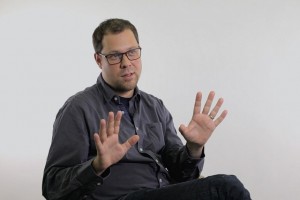
Neuroscientist Jan Engelmann on the biology of decision-making, parts of the brain responsible for trust, and ...
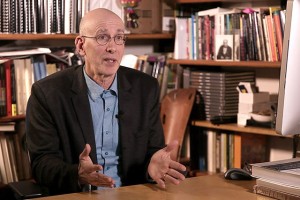
Historian Mark Jarzombek on the influence of psychoanalysis on modern architecture, stadiums and bathhouses, a...
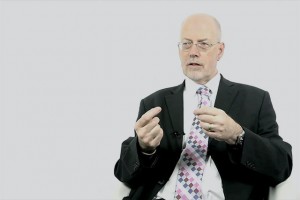
Economist Mark Harrison on self-interest, organized suicide acts, and the desire to belong
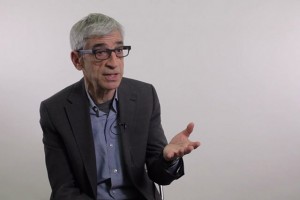
Sociologist Harvey Molotch on security measures in the New York subway, 9/11 survivors, and airport lawbreaker...
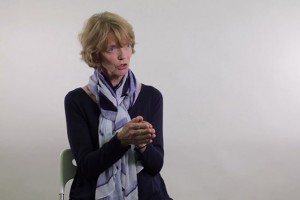
Philosopher Patricia Churchland on discoveries in neuroscience, split consciousness, and levels of organisatio...
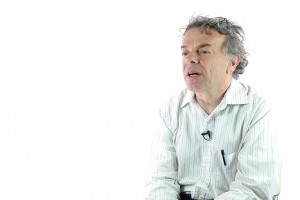
Radiologist Jeremy M. Wolfe on search strategies in our everyday life, amnesiac search, and false alarms at me...
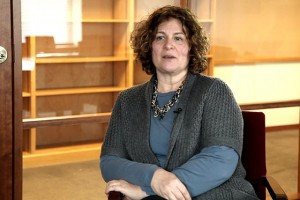
Harvard Prof. Maria Polinsky on introducing two languages, the importance of literacy and advantages of biling...
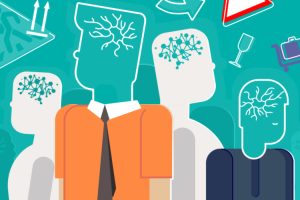
People fail at remembering even basic information about objects they were looking at
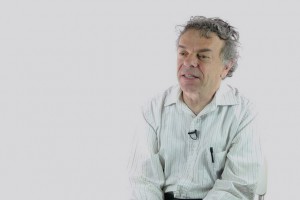
Radiologist Jeremy M. Wolfe on the searches we perform every day, airport screening, and search strategies

Neuroscientist Mahzarin Banaji on objective music perception, failing at assessing people, and arranged marria...
